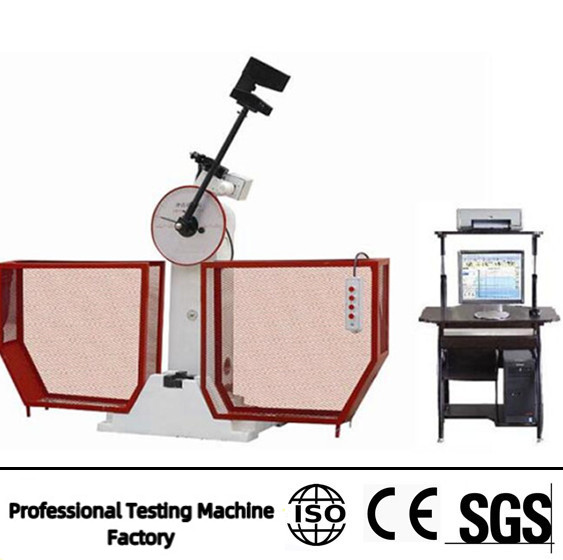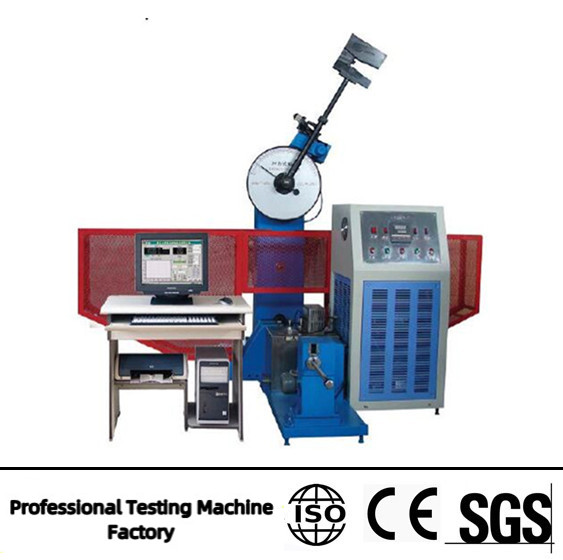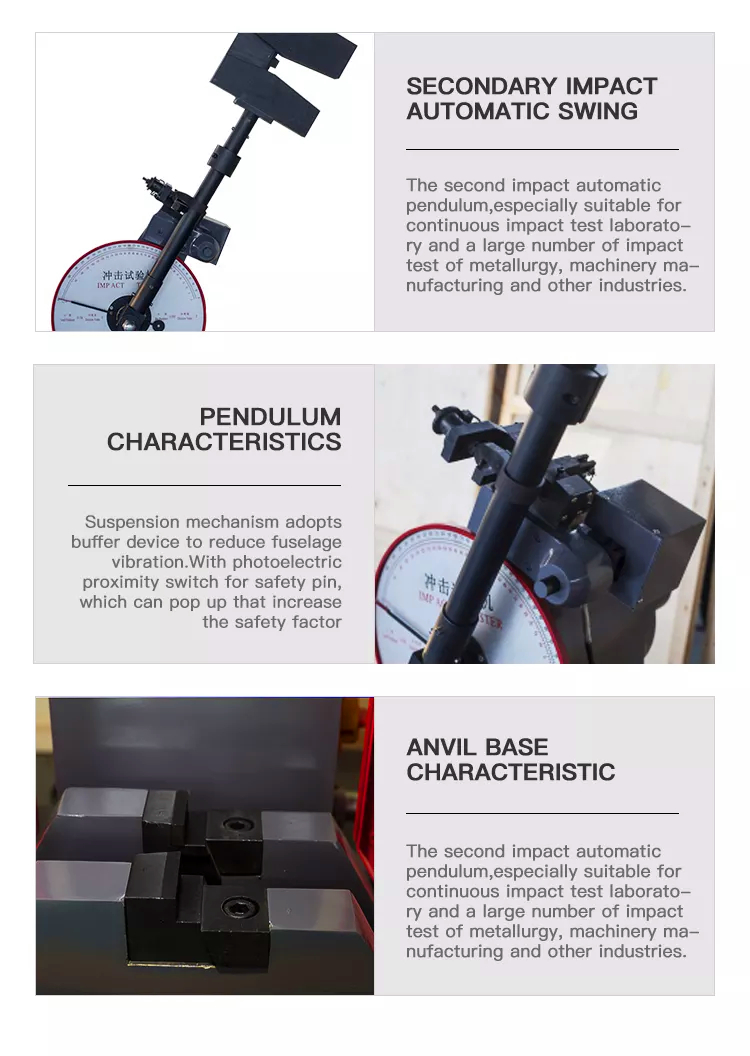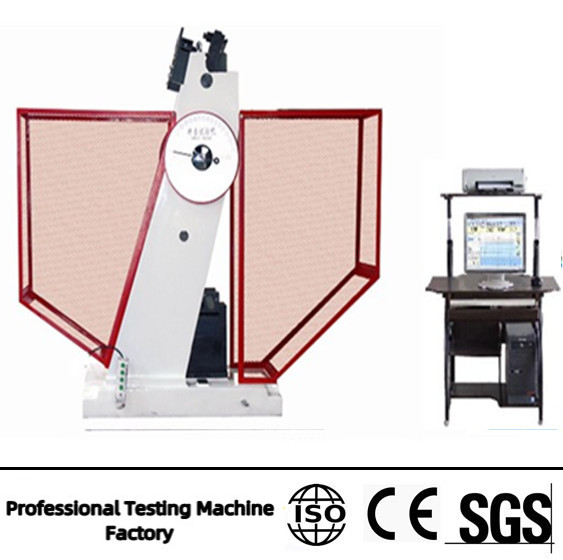JBDW-300 Computer Screen Display pendolo macchina per prove con camera di super-bassa temperatura
1. General Introduction
The JBDW – 300 Computer Screen Display Pendulum Impact Testing Machine with Super Low Temperature Chamber is a specialized piece of equipment used to test the impact resistance of materials under super – low temperature conditions. It is commonly employed in industries such as electronics, aerospaziale, and materials science to evaluate the performance of computer screens and other materials in harsh environments.
2. Key Features
un. Computer Screen Display
- It is equipped with a computer – controlled screen that provides real – time display of test data, including impact energy, impact force, and deformation. This allows operators to monitor the test process accurately and obtain precise results.
- The display also enables easy parameter setting, such as test speed, pendulum angle, and temperature control.
B. Super Low Temperature Chamber
- The super low temperature chamber can reach extremely low temperatures, which simulates the actual working conditions of materials in cold environments. This is crucial for testing the impact resistance of materials at low temperatures, as the mechanical properties of materials often change significantly with temperature.
- The chamber has good thermal insulation performance to ensure stable temperature control during the test.
c. Pendulum Impact Testing
- The pendulum impact testing mechanism provides a standardized and repeatable way to apply impact force to the test specimen. The machine can accurately measure the energy absorbed by the specimen during the impact, which is an important indicator of its impact resistance.
- Different pendulum weights can be selected according to the test requirements to meet the needs of various specimens.
3. Specifiche tecniche
un. Temperature Range
- The super low temperature chamber typically has a temperature range from – 40°C to – 196° C, allowing for a wide range of low – temperature tests.
B. Energy Impact
- The JBDW – 300 model can provide an impact energy range suitable for testing different types of specimens, usually from a few joules to hundreds of joules.
c. Test Accuracy
- It has high – precision sensors and measurement systems, ensuring accurate measurement of impact energy and other test parameters. The measurement error is generally within a small range, such as ± 1%.
4. applicazioni
un. Electronics Industry
- Used to test the impact resistance of computer screens, mobile phone displays, and other electronic components at low temperatures. This helps manufacturers ensure the quality and reliability of their products in cold environments.
B. Aerospace Industry
- Test materials used in aircraft and spacecraft components to evaluate their performance under extreme cold conditions during flight.
c. Materials Research
- Assist researchers in studying the impact behavior of new materials at low temperatures, which is beneficial for the development of high – performance materials.
Applicazione:
Questo tipo di macchina è utilizzata per determinare la resilienza dei materiali metallici sotto carico dinamico. Il pendolo della macchina può essere alzato o rilasciato automaticamente. È stato progettato secondo lo standard nazionale GB / T3808-1995 “Charpy Impact Metodo di prova per i metalli” e lo standard ISO.
Può essere anche conformemente alla norma ASTM E23 come richiesta speciale del cliente. Ha le caratteristiche di funzionamento facile, alta efficienza, sicuro e affidabile. Il sistema informatico in grado di fare l'elaborazione dei dati e ottenere il rapporto di prova. In base al sistema di raffreddamento eccellente di bassa temperatura, si può verificare l'impatto sulle prestazioni dei materiali. La macchina è particolarmente adatta per laboratorio, industria metallurgica, produzione di macchinari, acciaieria e altri campi.
specificazioni:
| specificazioni |
JBDW 300 |
JBDW 500 |
| l'energia d'urto (J) |
150, 300 |
250, 500 |
| velocità d'impatto (Signorina) |
5.2 |
5.4 |
| angolo di Raised |
150º |
| arco standard (mm) |
40 |
| angolo giro di ganasce (mm) |
R1-1.5 |
| angolo giro del bordo di battuta (mm) |
R2-2.5 |
| Dimensioni dei provini (mm) |
10 X 10 X 55 |
| Alimentazione elettrica |
3PHS, 380V, 50Hz o 220V, 60Hz |
| Dimensioni (mm) |
1600 X 850 X 1530 |
1600 X 850 X 1530 |
| Peso netto (kg) |
880 |
980 |
| Display |
Schermo del computer |
| basse temperature |
-80— -190° C (Nitrogeno liquido) |






























